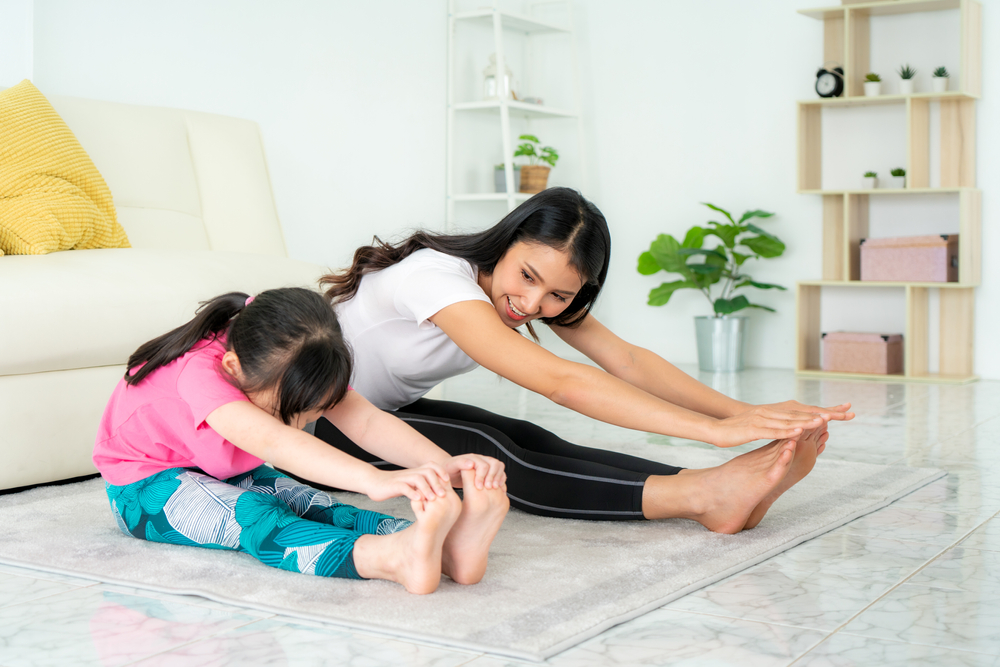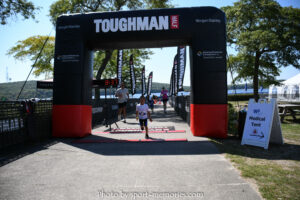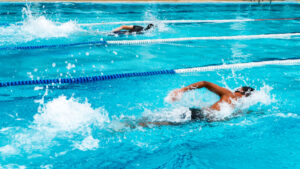Here are some important tips to help parents and coaches navigate the potential risks of injuries in kids’ triathlons:
- Proper Training and Preparation:
Ensure that kids are adequately trained and prepared for the physical demands of the triathlon. Gradually increase the intensity and duration of their training sessions to prevent overuse injuries and muscle strains. - Listen to the Body:
Encourage kids to listen to their bodies and communicate any pain or discomfort they may be experiencing during training. Ignoring early warning signs can lead to more significant injuries down the line. - Cross-Training:
Incorporate cross-training activities into their routine to prevent overuse injuries. Activities such as swimming, cycling, and strength training can help build overall fitness and reduce the risk of repetitive strain injuries. - Proper Gear and Equipment:
Ensure that kids have the appropriate gear and equipment for each leg of the triathlon. This includes properly fitted helmets for cycling, supportive shoes for running, and swim gear that fits well and allows for proper movement. - Warm-Up and Cool Down:
Prioritize warming up before training sessions and cooling down afterward to prevent muscle strains and injuries. Incorporating dynamic stretches and mobility exercises can help prepare the body for exercise and aid in recovery. - Nutrition and Hydration:
Proper nutrition and hydration play a crucial role in injury prevention. Ensuring that kids are well-fueled and hydrated before, during, and after training can help support optimal performance and reduce the risk of fatigue-related injuries. - Rest and Recovery:
Allow for adequate rest days in between training sessions to give the body time to recover. Overtraining can lead to burnout and increased susceptibility to injuries, so it’s essential to strike a balance between training and rest. - Injury Management:
In the event that a child does sustain an injury during training or competition, it’s essential to address it promptly. Rest, ice, compression, and elevation (RICE) can help manage minor injuries, but seeking medical attention for more severe issues is crucial. - Communication and Support:
Foster open communication between kids, parents, coaches, and healthcare professionals to address any concerns about injuries promptly. Providing a supportive environment where kids feel comfortable discussing their physical well-being is fundamental.
By prioritizing safety, proper preparation, and injury prevention strategies, kids can enjoy the benefits of participating in a triathlon while minimizing the risk of injuries. Remember that the goal is to have a positive and fulfilling experience that promotes health and well-being for young athletes.
Always consult with healthcare professionals or sports medicine experts for specific advice tailored to your child’s individual needs and circumstances. Here’s to a safe and successful triathlon journey for all young participants!



